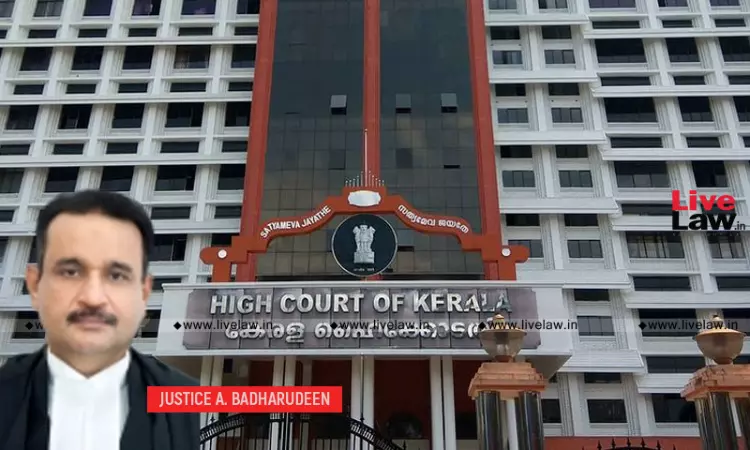Court Retains Power To Execute Its Maintenance Order Against Person Residing Outside Its Jurisdiction: Kerala High Court
Navya Benny
11 Jan 2023 1:57 PM IST

Next Story
11 Jan 2023 1:57 PM IST
The Kerala High Court on Tuesday held that even though an order of maintenance may be enforceable at the place where the person - against whom it is made - resides, the court which passed the order also retains the power to execute it outside the jurisdiction where such person is residing. The Single Judge Bench of Justice A. Badharudeen considered the legal question as to whether a court...
